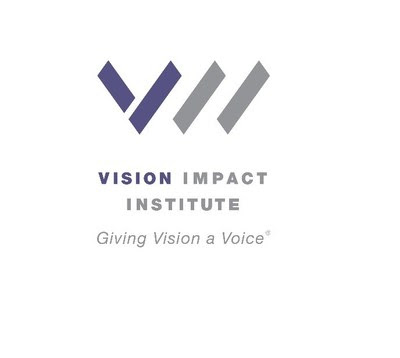Resolution highlights impact of good vision to achieving the Sustainable Development Goals
DALLAS, Aug. 2, 2021 /PRNewswire/ — The Vision Impact Institute applauds the UN General Assembly’s adoption of the Vision for Everyone: accelerating action to achieve the Sustainable Development Goals resolution. A major step forward for vision correction, this resolution commits the international community to improving vision for 1.1 billion people living with preventable vision loss by 2030.

This topic is timely as societies cope with the fallout of the COVID-19 pandemic in terms of:
- Children’s Education – The connection between vision and learning is crucial, as eighty percent of learning is visual. Yet, with increased digital learning, children are experiencing vision changes such as myopia and eye strain from more screen time and less time outdoors.
- Road Safety – With up to 90% of the information needed for safety on the road coming through the eyes, good vision is a critical factor for safer mobility. This becomes more important as workers return to office buildings and businesses.
- Gender Equity – Research suggests that 55% of people with vision loss are women and girls. Women can also face stigmas when it comes to wearing glasses. This burden, compounded with the burden that the COVID-19 pandemic has disproportionately placed on women, highlights the need for their good vision care.
“This resolution is a much-needed step to ensure that good vision is accessible to all,” says Kristan Gross, Global Executive Director, Vision Impact Institute. “As vision advocates, we have worked for years in partnership with others to ensure that vision is pivotal in the global development conversation. This unanimous decision is a testimony to the power of partnerships and coalitions that believe good vision is key to unlocking human potential.”
###
About the Vision Impact Institute (VII)
The VII’s mission is to raise awareness of the importance of vision correction and protection to make good vision a global priority. Its Advisory Board is comprised of four independent international experts: Pr. Clare Gilbert (United Kingdom), Mr. Allyala Nandakumar (United States), Dr. Serge Resnikoff (Switzerland), and Dr. Wang Wei (China).
The Vision Impact Institute is a registered 501(c)(3) non-profit organization, which receives support from the Vision for Life Fund from Essilor, the world leader in ophthalmic optics. The Vision Impact Institute hosts a unique database of research at visionimpactinstitute.org .
Contact:
Andrea Kirsten-Coleman
Global Communications Manager
andrea.kirsten@
Logo – https://mma.prnewswire.com/
